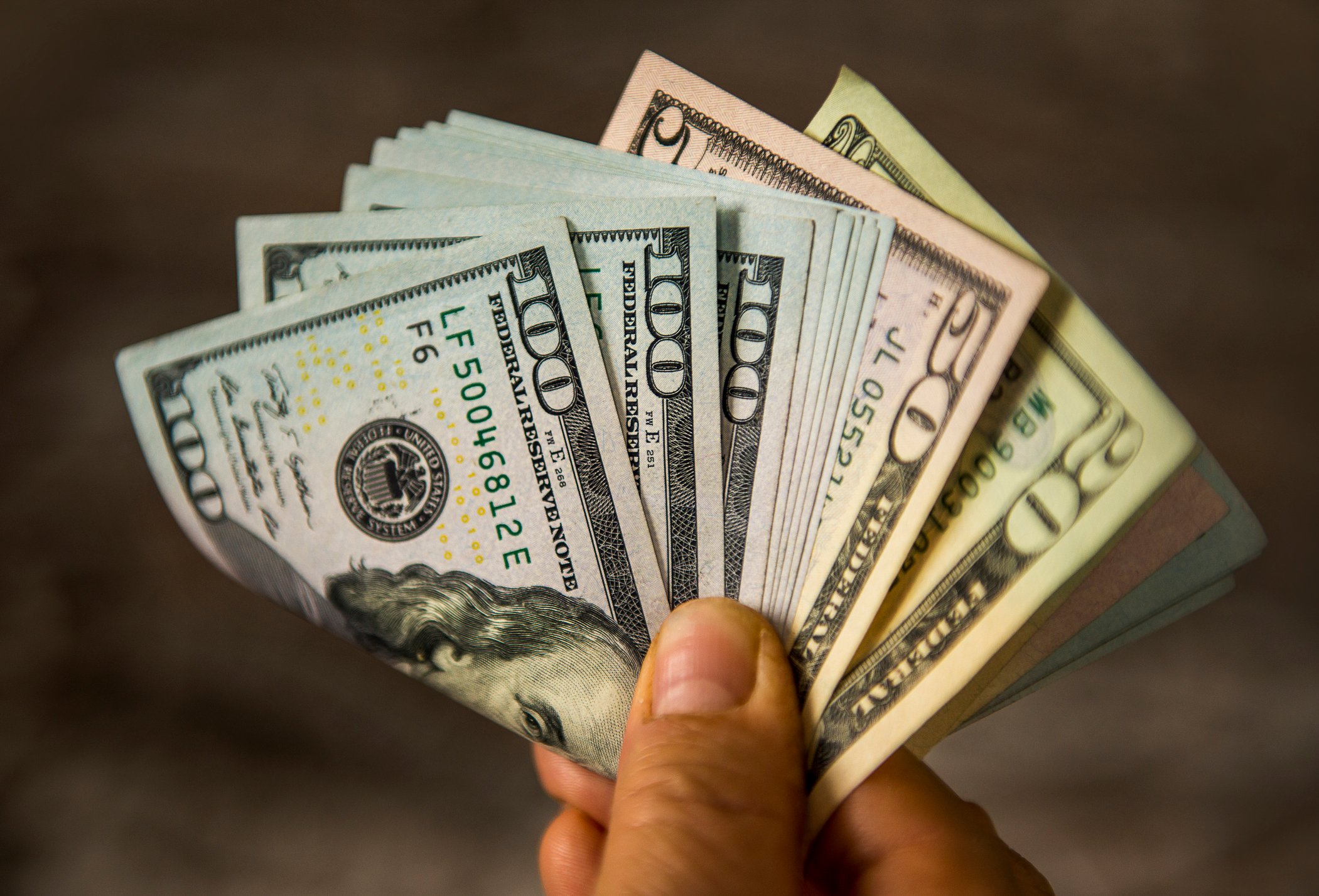There's a lot to like about Sirius XM Holdings (SIRI +1.97%) right now. It packs a huge yield, trades at a low P/E ratio, and has a generational investor on its side. However, a lot of these traits that make the satellite radio provider so compelling as a value stock are also the product of failing on its initial appeal as a growth stock.
Let's take a look at how Sirius XM has fared over the past one, three, and five years. It's not going to be pretty, but it doesn't mean that things won't turn out for patient investors expecting to hold on now for the long haul. Like one of the retro channels on Sirius XM itself, let's go back in time.

Image source: Getty Images.
One year
The S&P 500 (^GSPC 0.03%) has climbed 12% over the past year. Shares of Sirius XM have gone the other way. The country's lone provider of satellite radio has treated investors to a 19% decline in that time. The business itself is going through some growing pains. Revenue declined in each of the past four quarters, but the downticks are modest. The year-over-year top-line dips have been between 0.6% and 4.4% over the past year.
Even having Warren Buffett lean harder into the stock hasn't helped. Buffett's Berkshire Hathaway already had a sizable stake in Sirius XM through tracking shares that converted into the common stock last year at a discount. However, Berkshire Hathaway stock has increased its position over the past year. It now owns more than 37% of Sirius XM, but investors continue to be concerned about the gradual decline in subscribers to the premium platform.

NASDAQ: SIRI
Key Data Points
Three years
I warned you that this wasn't going to be pretty. Sirius XM shares have plummeted 68% over the past three years. This is a sharp contrast to the S&P 500 rising 66% in that time. The pandemic and shift to remote workforces haven't been kind to the media stock. Satellite radio is consumed largely in cars, and paying between $10 and $25 for an in-car service is hard to justify when you're not stuck in work commutes or going on long road trips.
Sirius XM's audience has been slowly fading since peaking just before the pandemic. It's been more than a decade since Sirius XM has come through with organic double-digit revenue growth. However, low-single-digit increases have now become low-single-digit negative growth. It also doesn't help that the quarterly dividend that it was increasing every year since initiating a payout policy in late 2016 hasn't moved higher since the fall of 2023.
Five years
The five-year chart isn't all that different than the grim three-year snapshot. The stock has fallen 69%. The market has soared 81%. There was a change at the helm near the start of this timeline -- as Jennifer Witz was tapped as the new CEO in early 2021 -- but the song has remained the same in recent years.
There are silver linings. It's still a cash cow, generating more than $1 billion in annual free cash flow. It's trading for less than 7 times forward earnings. The yield is also up to 5.3%. It will take an uptick in car sales, driving trends, and economic enthusiasm to restore Sirius XM as a growth stock, but in the meantime patient investors have a profitable, high-yielding, and low-priced investment.






